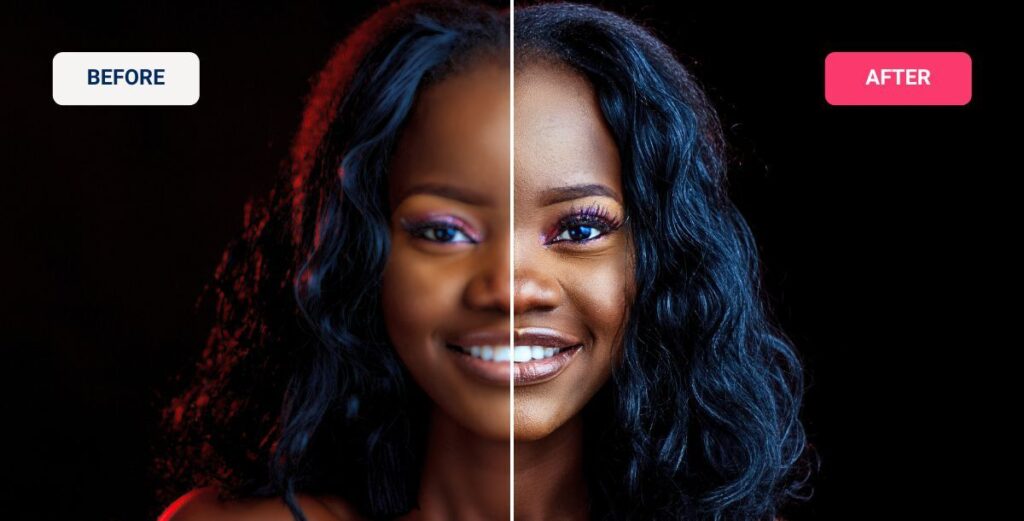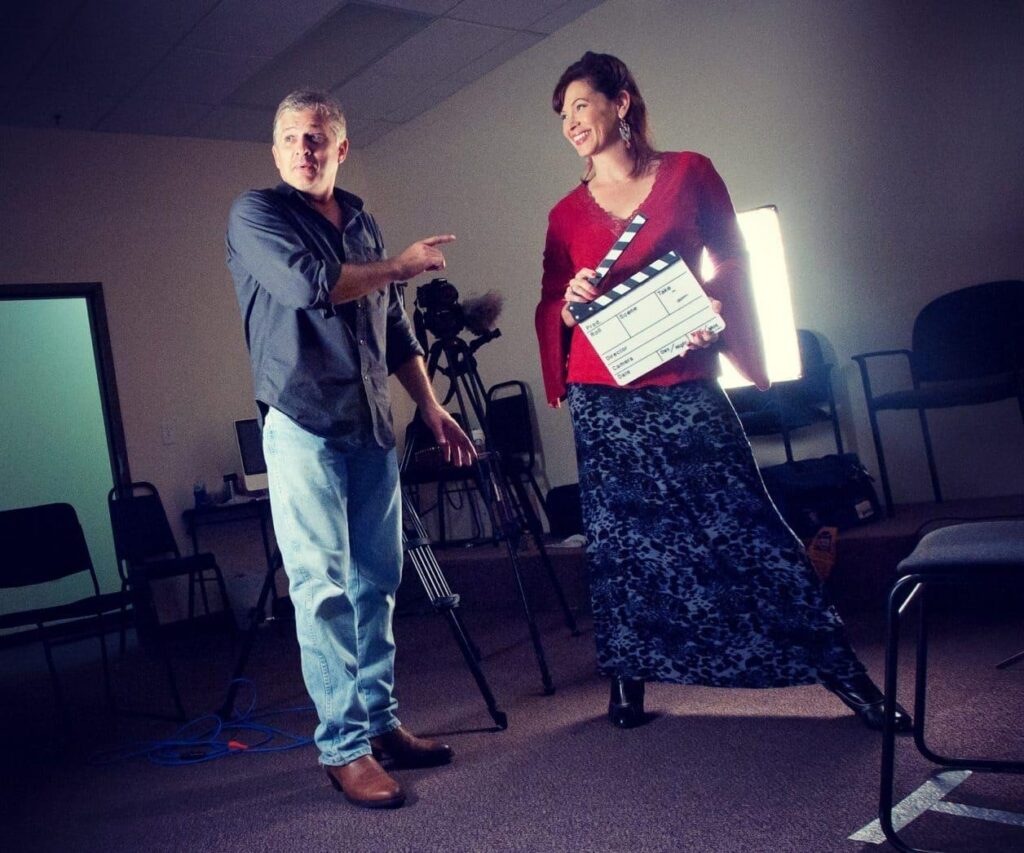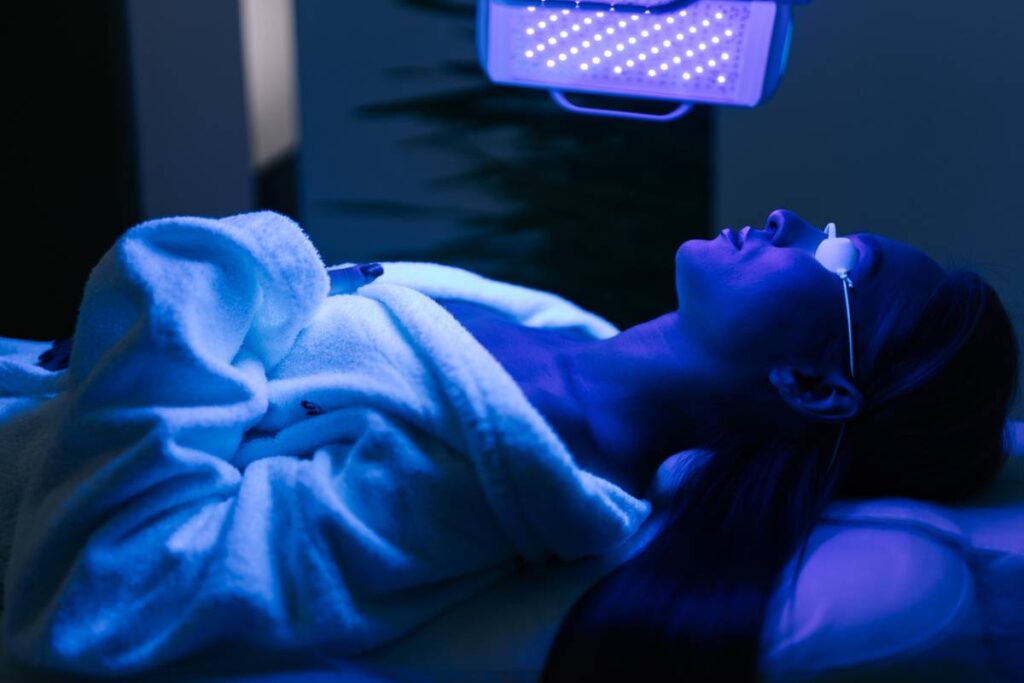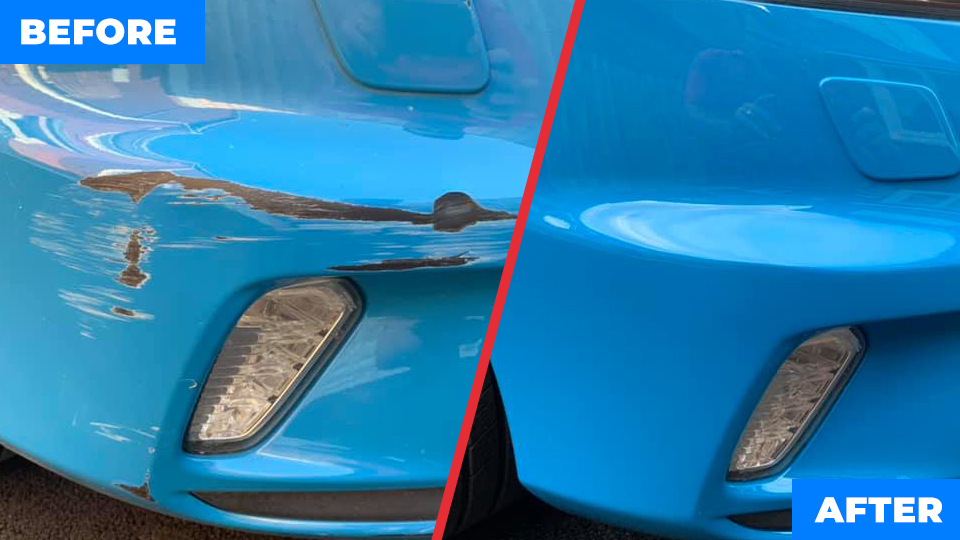Who Is a Good Candidate for Laser Eye Surgery?

ve you ever wondered if you’re eligible for vision correction? Who can benefit most from this innovative procedure? As technology continues to advance, more people are exploring the possibilities of improving their eyesight with laser vision treatment. However, not everyone may be a suitable fit for this life-changing treatment. What factors determine eligibility, and how can you assess if it’s the right choice? Let’s dive into the essential considerations and find out who stands to gain the most from this procedure.
Basic Requirements for Laser Vision Treatment
For anyone considering laser eye surgery, meeting basic health criteria is essential. Generally, candidates need to be over 18 years old, as eyesight tends to stabilise after this age. Stable vision is another key requirement. Doctors typically prefer patients to have consistent prescriptions for at least 12 months to ensure the best results. Good overall health is also important. Certain conditions, like diabetes or autoimmune diseases, can impact the healing process and may make the procedure less effective.
Eye Health Affects Eligibility
The health of your eyes plays a critical role in determining whether you’re suitable for this procedure. Conditions like severe dry eyes, cataracts, or keratoconus may disqualify someone or require additional treatments beforehand. The corneal thickness is another factor.
Since the procedure reshapes the cornea, a thin cornea might pose risks and lead to complications. Regular eye examinations are essential to assess these factors. Your eye doctor will carefully evaluate your eye health to determine if the procedure is safe and effective for you.
What Vision Issues Can Be Corrected?
Laser vision treatment is designed to treat common vision problems, but it’s not a solution for all eyesight issues. People with nearsightedness (myopia), farsightedness (hyperopia), or astigmatism are typically the best candidates. However, the severity of the condition matters.
Extremely high prescriptions may not achieve the desired results, and alternative treatments might be recommended instead. It’s also worth noting that this procedure does not address presbyopia, the age-related loss of near vision. Individuals over 40 may need additional options, such as monovision correction, to manage their vision changes effectively.
Lifestyle Matters
Your lifestyle can influence both your eligibility and recovery process. People involved in contact sports, such as rugby or boxing, may not be ideal candidates due to the risk of eye trauma during healing. Pregnant or breastfeeding women are often advised to wait before undergoing the procedure. Hormonal changes can temporarily affect vision, making it harder to achieve stable results. Also, if you rely heavily on digital screens, it’s important to prepare for dry eyes after the surgery. While this side effect is temporary, managing screen time during recovery is crucial for a smoother healing process.
What Role Does Realistic Expectation Play?
Understanding the limitations of the procedure is just as important as knowing its benefits. While laser vision treatment significantly improves vision, it may not result in perfect 20/20 vision for everyone. Some individuals may still need glasses for certain activities, such as reading or night driving.
A thorough consultation with your doctor can help set realistic expectations and ensure satisfaction with the outcome. It’s also essential to recognise that results may vary based on individual factors, such as age, prescription, and overall eye health. Having a clear understanding of these possibilities can make the experience more rewarding.
For many, laser eye surgery offers an exciting opportunity to reduce their dependence on glasses or contact lenses. However, eligibility depends on several factors, including age, vision stability, eye health, and lifestyle. The first step is always a comprehensive consultation with an experienced eye specialist. By assessing your unique circumstances and understanding the procedure’s limitations, you can make an informed decision about whether laser vision treatment is right for you. If you meet the criteria and have realistic expectations, this procedure could transform your life, offering freedom and convenience that’s hard to match.




























































































































































































































































































































































































































































































































































































































































































































































































































































































































































































































































































































































































































































































































































































































































































































































































































































































































































































































































































































































































































































































































































































